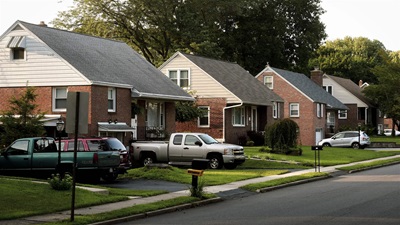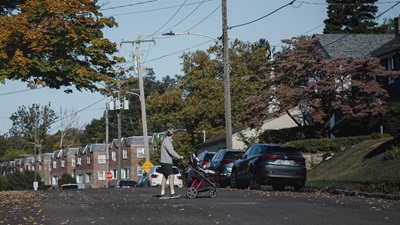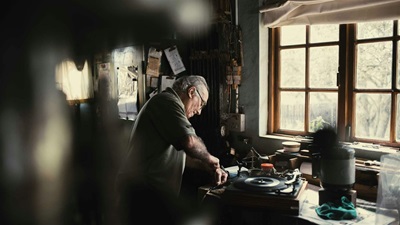Pew Applauds Texas Lawmakers for Passage of Much-Needed Housing Legislation
New laws poised to improve affordability and availability of homes

WASHINGTON—The Pew Charitable Trusts today commended the Texas Legislature and Governor Greg Abbott (R) for enacting a suite of seven bills passed with bipartisan support and designed to improve housing affordability through zoning, building code, and permitting reforms.
Pew’s research shows that restrictive zoning, building code, and permitting laws have held back housing growth nationwide, leading to a shortage of 4 million to 7 million homes. This in turn has driven up prices and rents and has increased homelessness. In Texas, rents and home prices have risen to near all-time highs.
Alex Horowitz, director of Pew’s housing policy initiative, issued the following statement about the passage and signing of the bills:
“The legislative solutions that Governor Abbott and the Legislature passed this session will go a long way toward tackling Texas’ housing shortage. They lower the regulatory barriers to building housing, which will address the shortage and improve affordability. With rents and prices near all-time highs in Texas, this package of laws will make a difference for families in the Lone Star State. Pew applauds this evidence-based approach to addressing high housing costs and homelessness and to ensuring that all Texans have access to the housing options they need.”
The bills are:
- The “starter homes” legislation (S.B. 15) enables the construction of homes, such as townhouses, on small parcels of land that don’t currently have housing. This law is designed to pave the way for starter homes—benefiting young families, first-time homebuyers, and those looking to downsize. Similar legislation, enacted in a portion of Houston in 1998 and expanded to cover the full city in 2013, has been highly effective at improving affordability and expanding access to homeownership in the state’s largest city.
- The residential-in-commercial bill (S.B. 840) brings apartments closer to jobs by allowing the development of mixed-use and multifamily housing on properties zoned for commercial or industrial use. In cities throughout the U.S. that have enacted similar reforms, affordability has sharply improved.
- By reducing barriers to land-use changes, H.B. 24 strengthens property owners’ right to use their land to create housing by ensuring that a small minority of nearby landowners can’t thwart new construction.
- Allowing office-to-residential conversions, S.B. 2477 makes use of the 20-30% office vacancy rate in large Texas cities by simplifying the conversion of empty offices into apartments, which would bring residents closer to businesses and revitalize downtowns.
- Allowing small apartment buildings with one stairway, S.B. 2835 reduces construction costs; enables buildings to fit on small lots in cities, towns, and on main streets; and makes more multi-family housing economically viable. This style of construction wasn’t previously allowed because of fire-safety concerns, but Pew’s research has found that having one stairway for buildings up to six stories with up to four units per floor does not add any fire risk.
- A so-called “Golden Girls” law (S.B.1567) enables nonrelated people to share housing in the same way related people can, prohibiting—in certain municipalities—restrictive occupancy limits based on family status in rental housing.
- S.B. 785 expands the areas where manufactured housing can be located. Manufactured housing is similar in quality to site-built housing but has lower construction costs, thereby improving affordability and bringing homeownership within reach for more households.
###
Founded in 1948, The Pew Charitable Trusts uses data to make a difference. Pew addresses the challenges of a changing world by illuminating issues, creating common ground, and advancing ambitious projects that lead to tangible progress.







